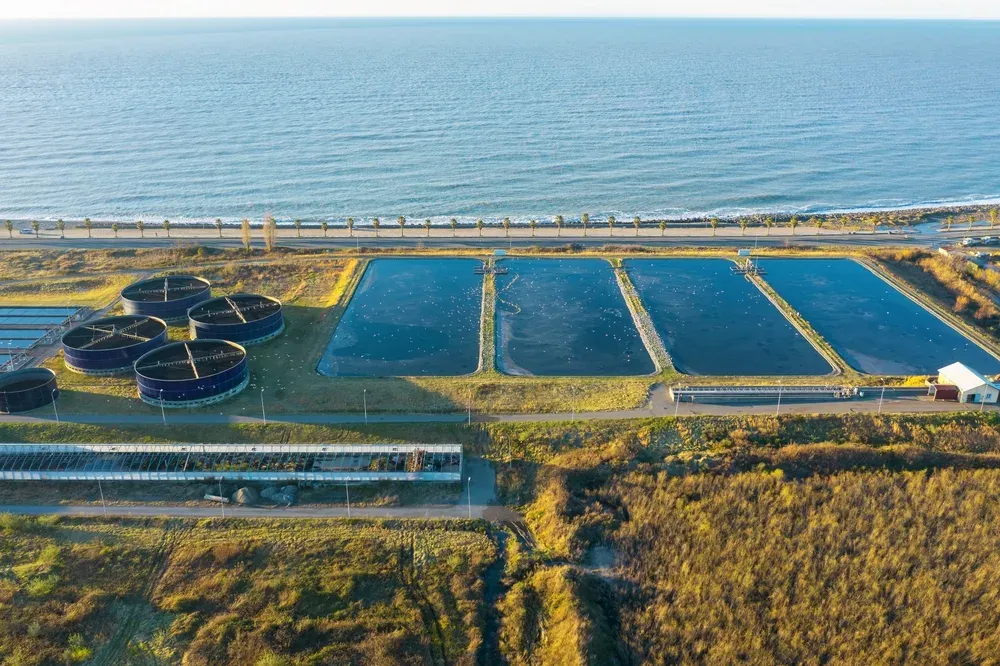

This course is crucial for improving the performance of monitoring and modelling at the environmental management system level. It offers essential tools and techniques for measuring environmental performance, assessing impacts and for management optimization with regard to sustainability and regulation.
As environmental concerns continue to expand, organizations of all sizes, from large corporations to small entrepreneurs, are increasingly focused on the ecological consequences of their operations, products, and services. Stakeholders, both internal and external, recognize the value of efforts aimed at improving environmental performance. Achieving better environmental performance requires organizations to adopt a structured approach and a committed attitude towards these efforts.
This Monitoring and Modeling in Environmental Management Systems course is a practical program designed to equip participants with the necessary skills and knowledge to create, implement, and improve an Environmental Management System.
By the end of this Monitoring and Modeling in Environmental Management Systems training, participants will be able to:
Unit 1: Requirements and Fundamentals of Environmental Management
Unit 2: Applied Aspects of Environmental Management Systems
Unit 3: Environmental Aspects and Impacts Assessment
Unit 4: Environmental Impact Assessment (EIA): Concepts, Objectives, and Stages
Unit 5: Internal Environmental Auditing
Invalid mobile number. Please enter a valid number.
















